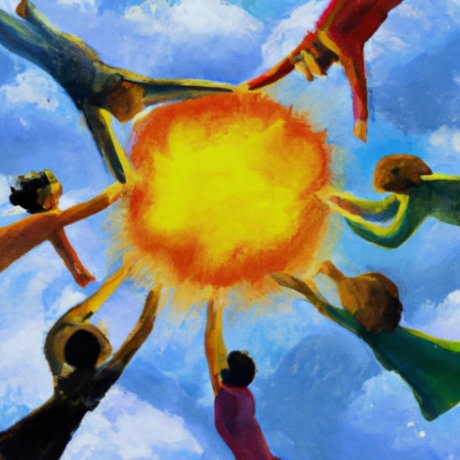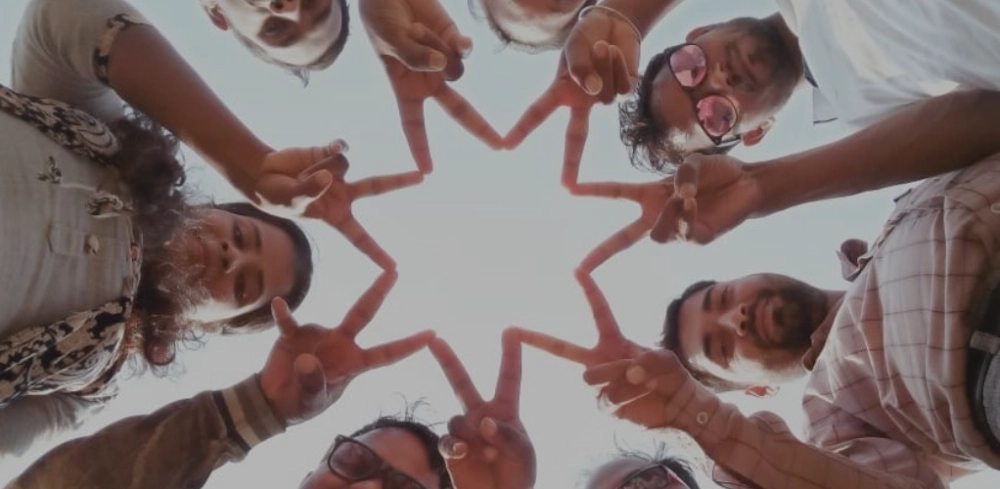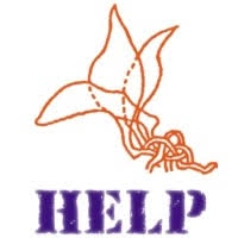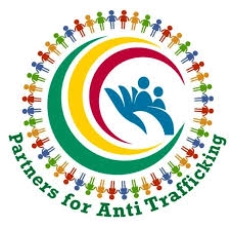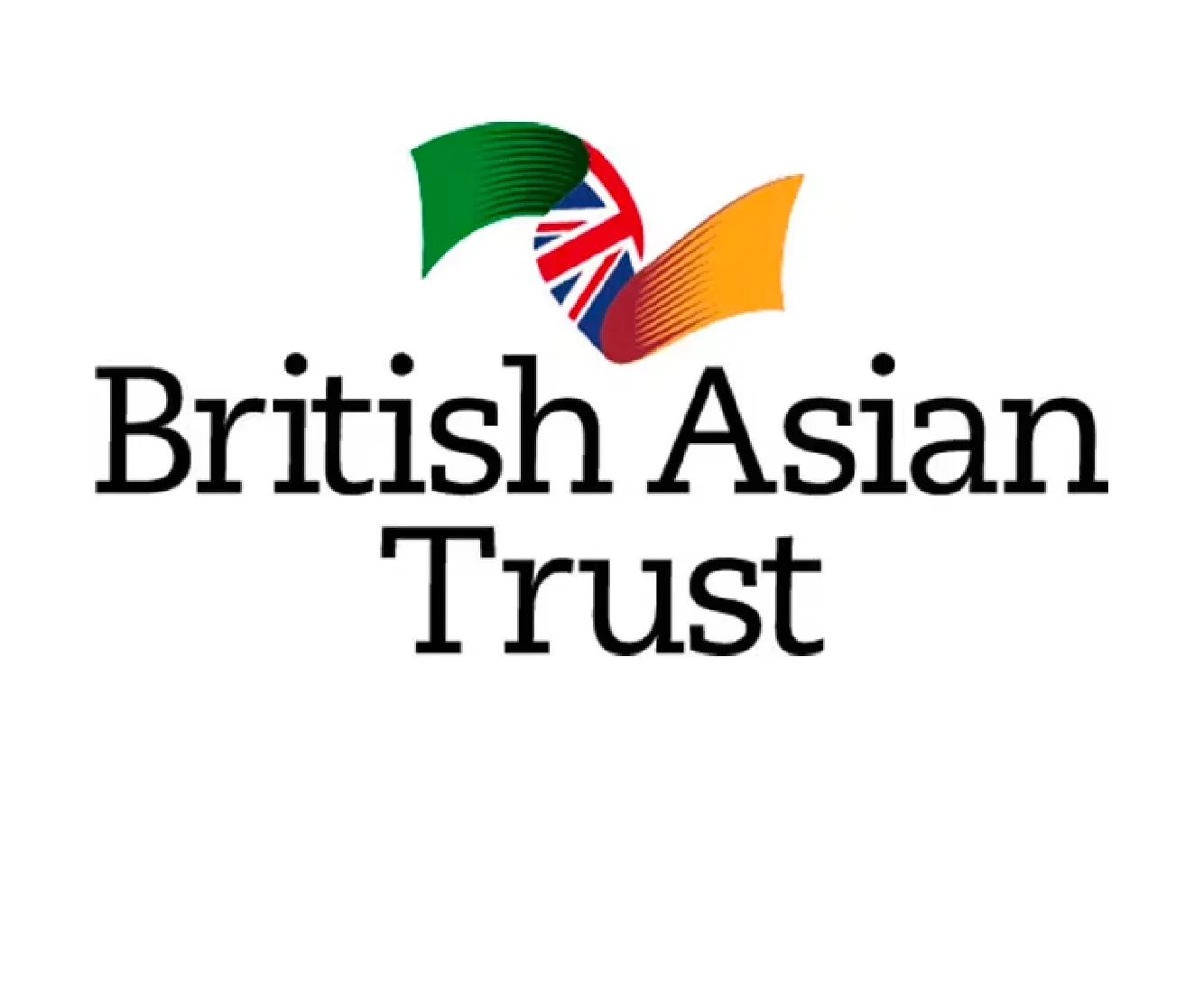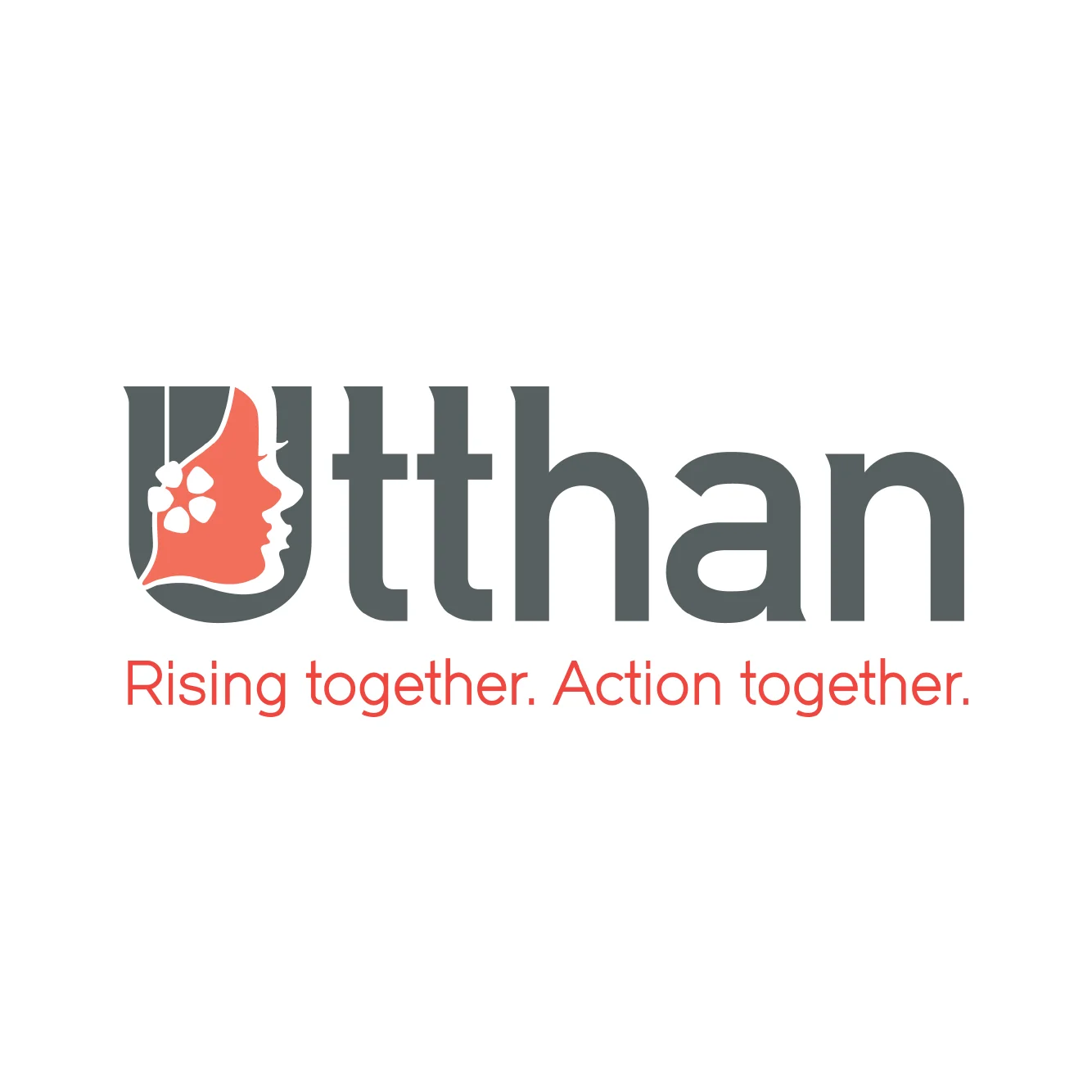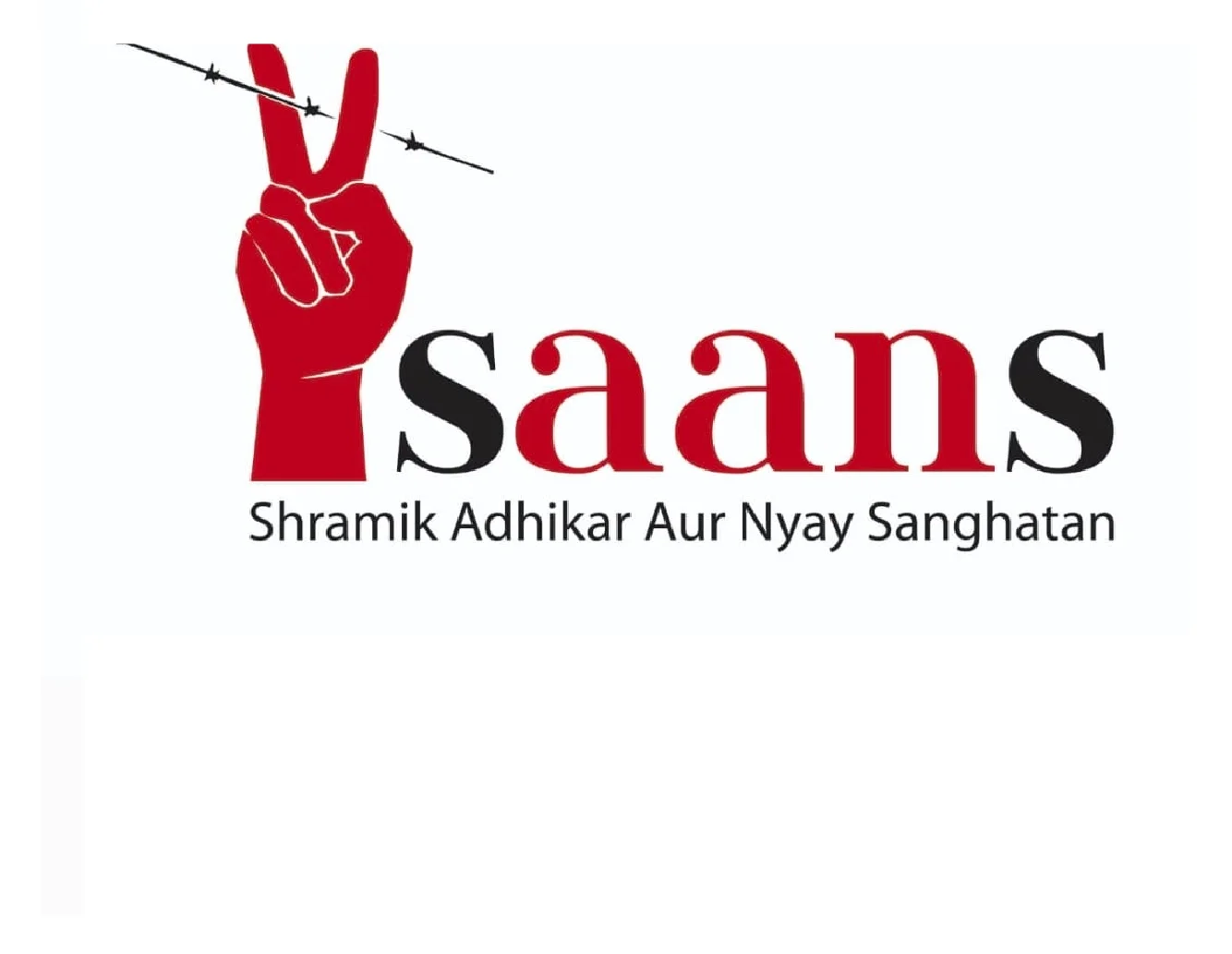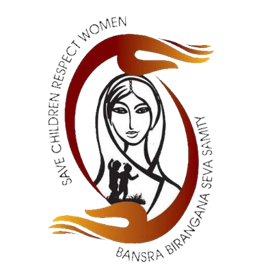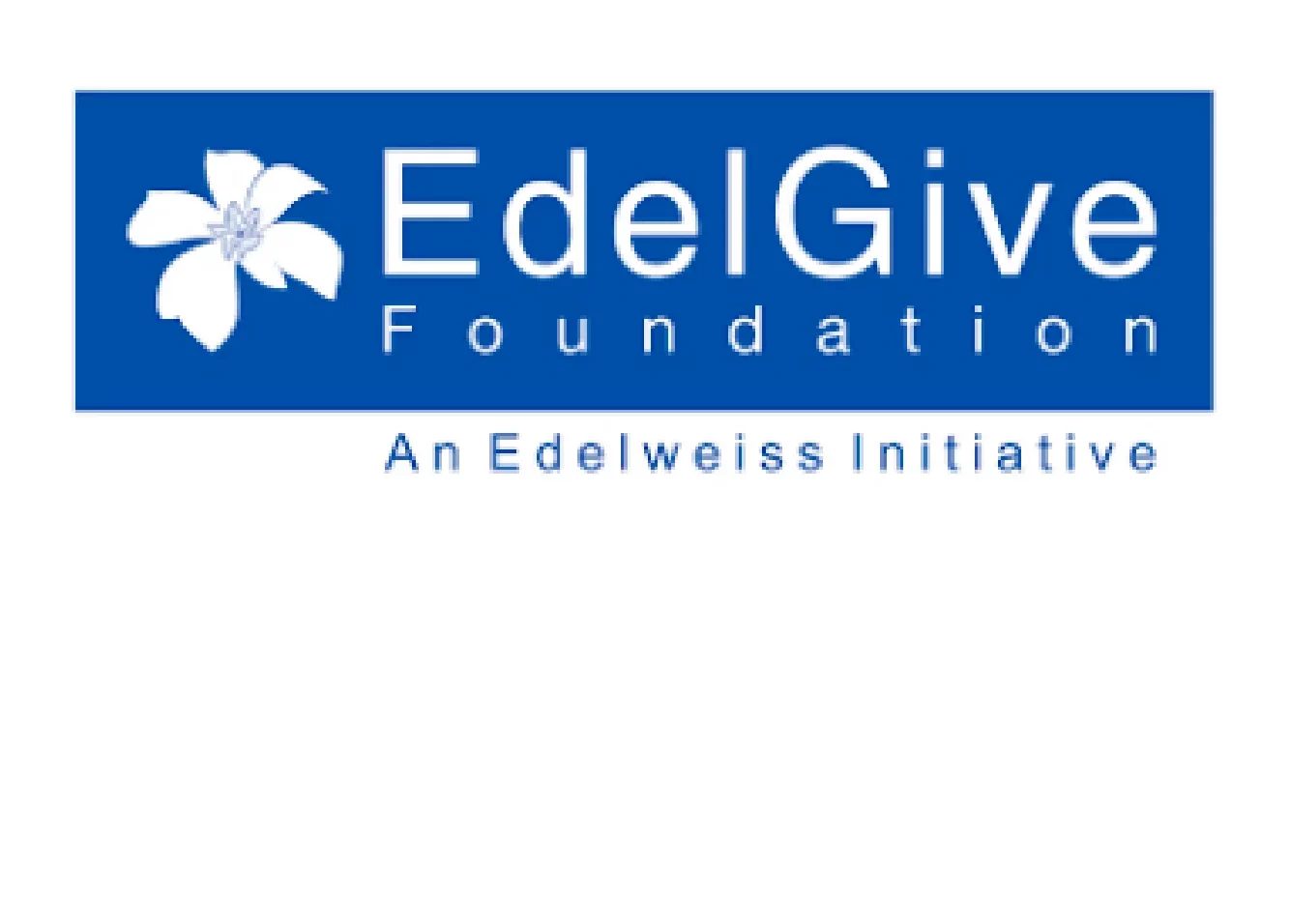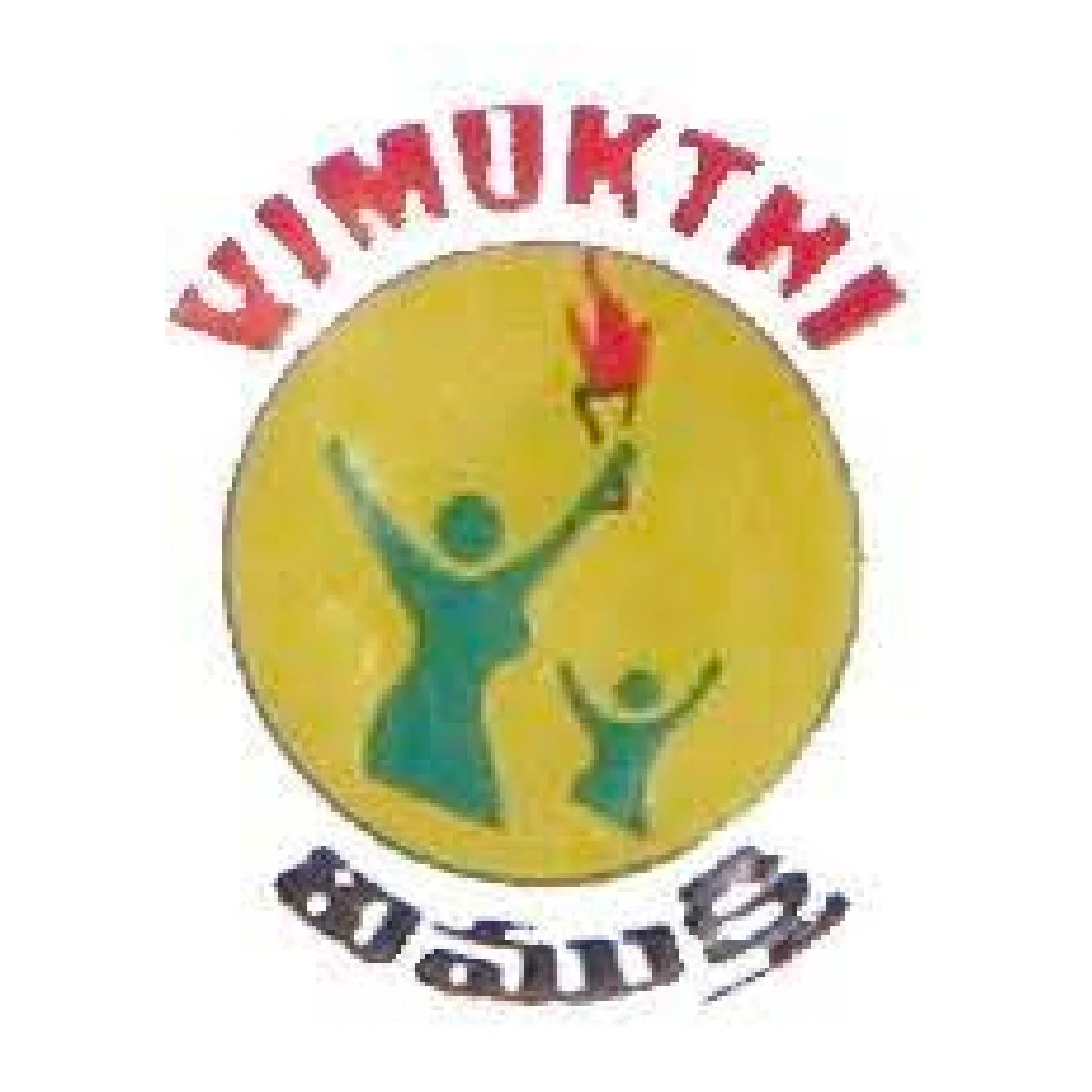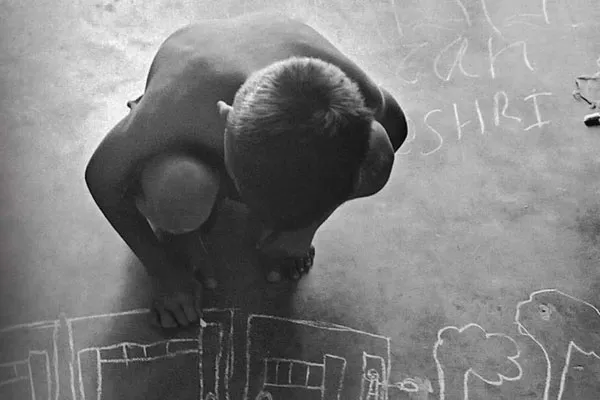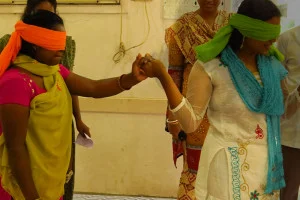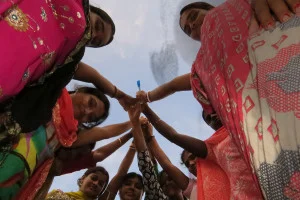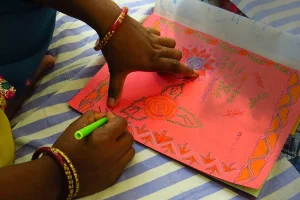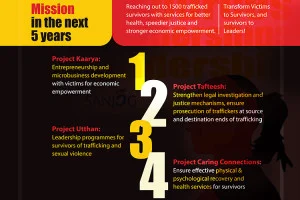Overview
One of the many ways in which Sanjog approaches the issues of survivors of violence is through the lense of gender equity and the intersectionality of spaces. Sanjog recognises the need for sensitivity, especially under special circumstances pertaining to experiences of women and girls, particularly issues related to sexual health, stigma, and cultural gender biases.
Why Gender Equity
Sanjog acknowledges that the groups it works with face multiple layers of vulnerability, discrimination, poverty, and that gender is one aspect of survivors’ marginalised status.
- Sanjog recognises that investigating gender aspects is crucial when dealing with trafficking and marginalisation, understanding that gender plays a significant role in these issues.
- Sanjog emphasises ‘collectivisation’ as a vital process and tool for ensuring gender equity, thus creating a supportive community for survivors and marginalised individuals
- Sanjog engages in educating, orienting, and facilitating spaces where gender can be openly discussed, fostering awareness about marginalization, gender-based violence, and shared experiences of discrimination
What Does Sanjog Do
Sanjog understands gender equity as respecting all individuals without discrimination, addressing general inequalities that hinder access to opportunities in areas such as health, education, and economic opportunities. To that end, Sanjog:
- Recognises that the spaces in which it operates are predominantly characterised by gendered issues, including sex trafficking and labor trafficking
- Ensures that all programs are designed from a gender equity lens, focusing on justice and equality for women across various spheres, including education, health facilities, and livelihood
- Goes beyond conventional ideas of gender minority, and addresses challenges specific to each gender, including discussions on masculinity and men’s experiences. Sanjog recognises that gender issues extend beyond gender minorities to include those who belong to the majority, as well as understanding the impact of gender on individuals positively and negatively.
How Does Sanjog Do This
Sanjog works with different groups as well as within intersectional spaces, to enable and facilitate technological intervensions for better survivor outcomes:
- Sanjog expands its focus to include men who may have been survivors of labour trafficking, acknowledging that gender-based violence is not limited to women
- By creating gender-inclusive spaces, Sanjog actively works towards creating spaces where gender can be openly discussed, thus allowing for a comprehensive exploration of gender-related issues
- Sanjog promotes the acknowledgement of shared experiences of gendered discrimination among survivors and marginalised individuals, and fosters a sense of solidarity within the community

